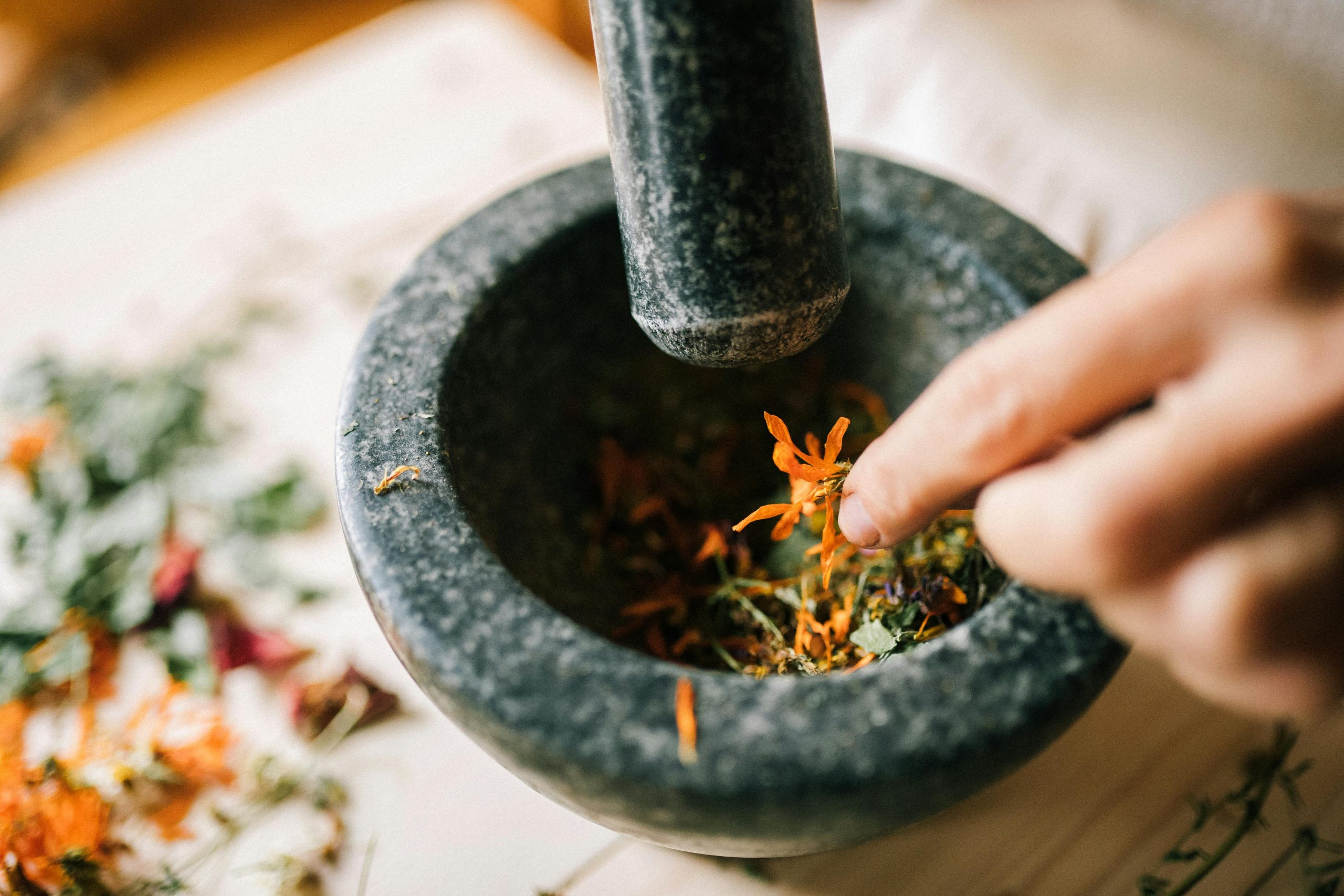Less Sugar Cooking: Natural Sweetening Alternatives
Cooking with less sugar doesn’t mean sacrificing flavor. In fact, it opens up a whole new world of natural sweetening alternatives that can add depth and complexity to your dishes. Not only are these options healthier, but they also bring unique flavors and textures to your food. So why stick to white sugar when you can explore the realm of natural sweeteners? In this article, we’ll discover some of the best natural sweetening alternatives for a less sugar cooking experience.
Why Less Sugar Cooking?
Before we dive into the world of natural sweeteners, let’s pause for a moment and understand why cooking with less sugar is beneficial. The average American consumes about 17 teaspoons of added sugar per day, which exceeds the recommended amount by the American Heart Association. Excessive sugar intake has been linked to numerous health problems, including obesity, diabetes, and heart disease. By reducing our sugar intake, we can lower our risk for these conditions and maintain a healthier lifestyle.
Moreover, cooking with less sugar also allows us to appreciate the natural flavors of our food. Too much sugar can overpower delicate flavors and mask the natural sweetness of fruits and vegetables. By incorporating natural sweeteners, we can enhance the taste of our dishes without overwhelming them with sugar.
The Best Natural Sweetening Alternatives
1. Honey
Honey is the most well-known natural sweetener and for a good reason. Not only is it delicious, but it also has numerous health benefits. Honey contains antioxidants, vitamins, and minerals, making it a healthier option than refined sugar. When cooking, use 3/4 cup of honey for every cup of sugar, and reduce the liquid in the recipe by 1/4 cup. Keep in mind that honey has a stronger flavor than sugar, so it might alter the taste of your dish.
2. Maple Syrup
Maple syrup is another popular natural sweetener that is made from the sap of maple trees. It contains antioxidants, minerals, and a lower glycemic index than white sugar, making it a healthier alternative. Use 3/4 cup of maple syrup for every cup of sugar, and reduce the liquid in the recipe by 3 tablespoons. Maple syrup has a distinct flavor, so it’s best to use it in recipes that complement its taste, such as pancakes, oatmeal, and baked goods.
3. Coconut Sugar
Coconut sugar is derived from the sap of the coconut palm tree and has a similar texture to brown sugar. It contains small amounts of vitamins and minerals and has a lower glycemic index than white sugar. You can use coconut sugar in a 1:1 ratio as a substitute for white sugar. However, it has a caramel-like flavor, so it might not be suitable for all recipes.
4. Dates
Dates are a delicious and nutrient-dense dried fruit that can also serve as a natural sweetener. They are rich in fiber, antioxidants, and vitamins, making them a healthier option than white sugar. To use dates as a sweetener, simply blend them with water until you get a smooth, liquid consistency. Then, use it as a 1:1 replacement for sugar. Dates have a similar sweetness to sugar, so it won’t affect the taste of your dishes.
5. Stevia
Stevia is a natural, calorie-free sweetener derived from the leaves of the Stevia rebaudiana plant. It is much sweeter than sugar, so you only need a small amount to achieve the same level of sweetness. Stevia is available in liquid form, powder, and packets, making it easy to use in any recipe. However, it has a slightly bitter aftertaste, so it might not be suitable for all dishes.
Incorporating Natural Sweeteners in Your Cooking
Now that you know about the best natural sweetening alternatives, it’s time to start incorporating them into your cooking. One way to do this is by experimenting with different recipes and finding the perfect balance of sweetness for your taste. You can also gradually reduce the amount of sugar in your favorite recipes and replace it with natural sweeteners.
Keep in mind that natural sweeteners have different flavors and sweetness levels, so it’s essential to understand how they work in different recipes. Some natural sweeteners, such as honey, can affect the texture of your dish, so it’s best to do some research before making substitutions.
Conclusion
Cooking with less sugar is a healthier and more flavorful approach to preparing meals. With a variety of natural sweetening alternatives available, there’s no need to rely on refined sugar. By using these substitutes, you can create delicious dishes without compromising your health. So next time you reach for the sugar, consider trying one of these natural options instead.









